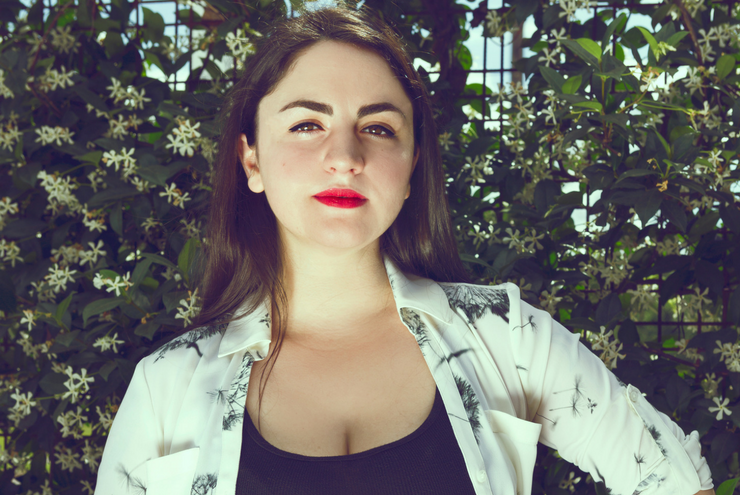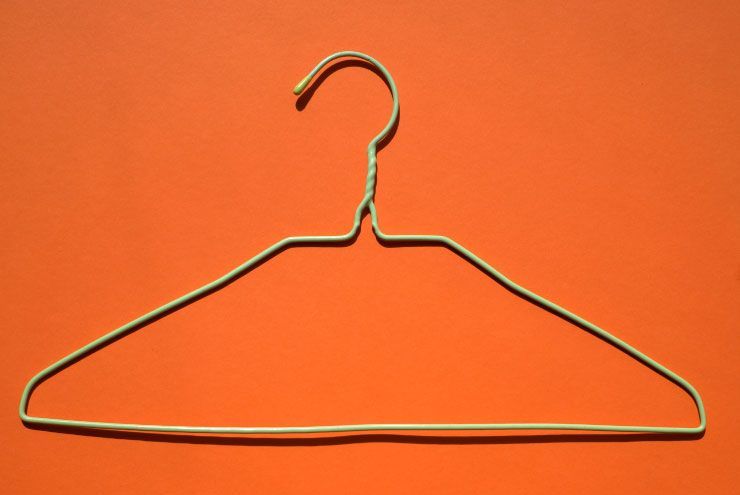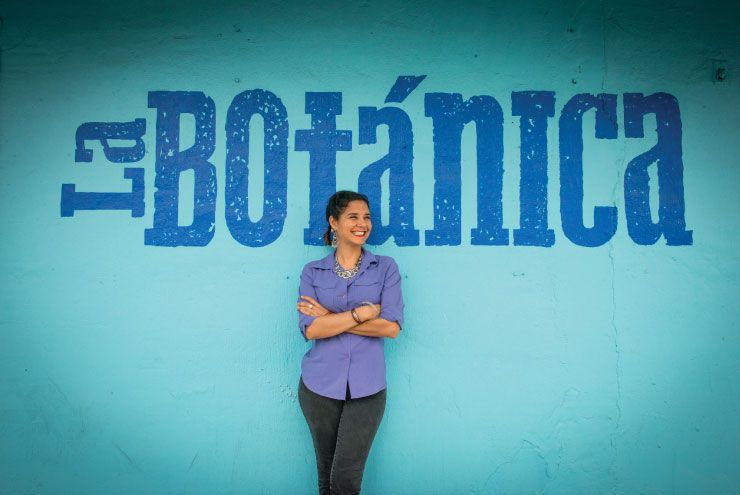By Laura McGuire
I didn’t go to college until my mid-20s—later than most in my generation. I had just come out as queer, gone through a divorce, and was living authentically for the first time in my life. While I didn’t quite know what my future held, I did know I wanted to become a teacher. I loved teaching and found that I had a certain gift for helping students who struggled with comprehending the material, didn’t enjoy school, or who felt the information being taught wasn’t relevant to them. I earned my Bachelor of Arts and immediately enrolled in classes to get my teaching certificate.
Starting my career as a teacher, I worried about testing, classroom management, and lesson planning, but I gave little thought as to how to address my personal life with students. When I was in school, I knew nothing about my teachers beyond the classroom’s walls. My classmates and I never asked them personal questions—as far as we were concerned, they were one-dimensional characters who only existed within the confines of the school. Once in awhile, the subject of their children or spouse would come up in conversation, but no one probed further.
This, however, was not my experience. As a brand new teacher, my students bombarded me with question after question. At first, I was scared—teachers are warned against sharing too much information about themselves at school, as it breaks down the student/teacher relationship and gives students ammunition to taunt and tease. Plus, I was young—only 25—and still coming to terms with my queerness. On one hand, I yearned to be a role model for my students and to reveal my authenticity. On the other hand, I wanted to avoid added stress and drama. In the end, I made the decision not to divulge personal details at my first two schools.
The first school I worked at was Catholic, and the CEO made it extremely clear that the environment was not tolerant of LGBTQ students or teachers. Here, my decision not to share personal details was essential to survival. My second school, however, was progressive and asked teachers to be deeply intertwined with the lives of their students. We knew personal details about students’ health, addictions, family lives, and personal struggles in order to support them on their journeys toward healing and wellness. This type of school dynamic opened the floodgates for my students to ask me personal questions. I began to reach out to other faculty members for guidance. One teacher who began at the same time as I did vowed she wouldn’t tell the students anything about her life (as vanilla as it was), and only lasted a few weeks. An administrator—who was a straight, white male—advised, “Just tell them you’re not gay. It’s really simple.”
Of course, it wasn’t that simple for me. I was utterly fearful of being taunted by students and alienated by staff, but—at the same time—was pained by watching LGBTQ students and colleagues feel alone and afraid to be their true selves. Since I was also in graduate school at the time, I brought this dilemma to my class discussion group in hopes of finding some resolution. Again, person after person warned me against being out—that it would put me in danger and hurt my career.
But ultimately, it was my students who convinced me to be out and proud at school. It wasn’t fair, they said, that I had huge files on every aspect of their lives, yet I kept mine so guarded. I heard the cries of LGBTQ students in need of someone to talk to about their identities—cries that stuck with me day after day. So, I made the decision to start coming out. Overall, my students’ reactions were very positive. Instead of damaging my student/teacher relationships, my decision strengthened them—once my truth was out in the open, better boundaries were established, and my students’ personal questions became more appropriate.
Now when I interview for teaching jobs, I am upfront about my identity and the fact that I will not be closeted at work. It allows them the opportunity to turn me down if it’s an issue, ultimately saving us both from an uncomfortable situation down the line. Straight teachers are allowed to “out” themselves every day by discussing their partners and families, and I expect no less.
I continue to see the benefits of being an out educator to this day. Students thank me for bringing up equality issues in the classroom, tell me that I’m the first LGBTQ person they’ve ever (knowingly) had a conversation with, and appreciate me for being open and honest. While I wish more educators were comfortable coming out, I understand the fear that still exists. But for the sake of our students—queer or otherwise—I believe that everyone must live as authentically as they are able. It is for the betterment of our communities, classrooms, and future generations.







